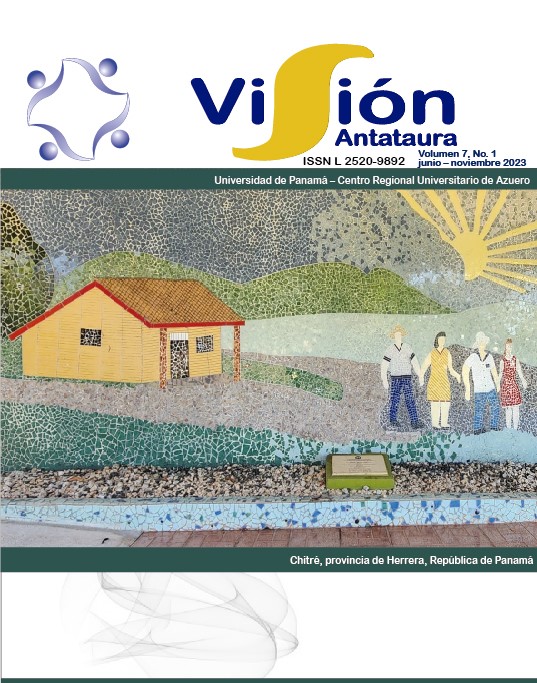

Copyright (c) 2023 Visión Antataura

This work is licensed under a Creative Commons Attribution-NonCommercial-ShareAlike 4.0 International License.
The domestic dog serves as a host for a wide variety of parasites, many of which can also cause disease in humans. In this study, infection with trypanosomatids of medical importance was evaluated in 91 dogs from the rural community of Las Pavas, Panama Oeste province. Parasitological (blood culture and xenodiagnosis), serological (western blot, indirect immunofluorescence and commercial immunochromatographic tests) and molecular (PCR) methodologies were used during the diagnosis of infections with Leishmania spp., Trypanosoma cruzi and T. rangeli. The results suggest that infections with Leishmania spp. are not frequent in these animals. However, infections with T. cruzi and T. rangeli were found to be prevalent at 28.5% and 15.3%, respectively, with an overall trypanosome infection rate of 42.8% (39/91). Eight dogs had mixed infection with T. cruzi/T. rangeli. The genotype of T. rangeli present in the evaluated dogs was characterized as KP1-, which is linked to the vector Rhodnius pallescens and is also the only genetic group of this parasite so far reported in Panama. The usefulness of the domestic dog as an epidemiological sentinel for infection with these trypanosome species is confirmed.